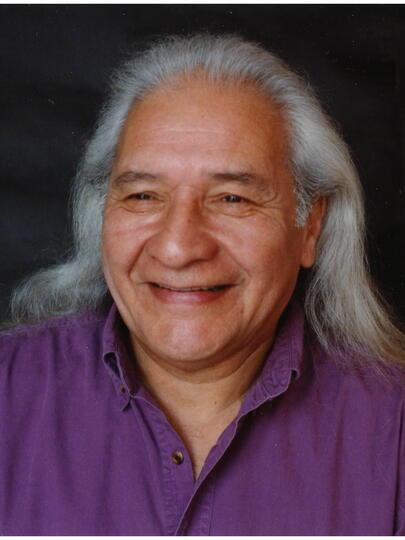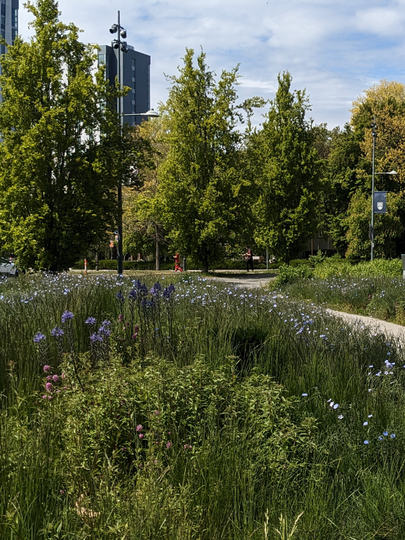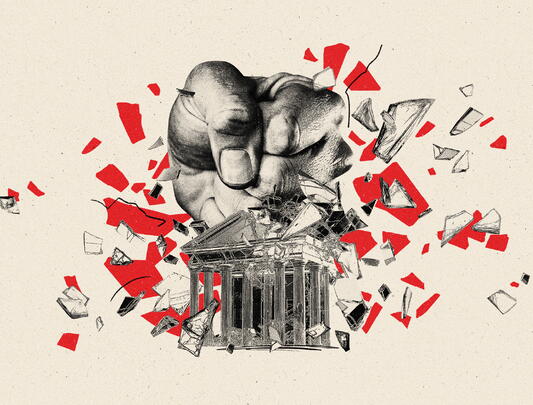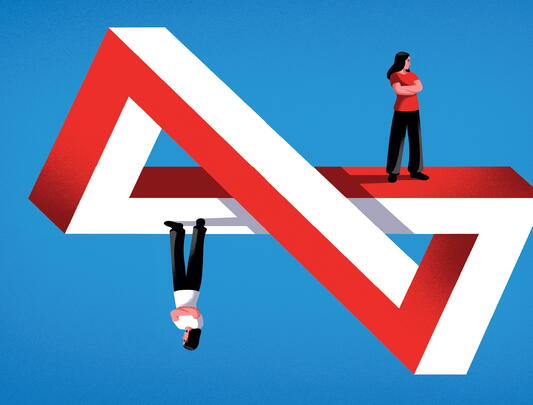Money buys happiness in different ways, depending on where you live
Does money buy happiness? New research from a multinational UBC psychology study suggests that it can — but what you spend it on matters, depending on where you live.
Happiness from spending varies significantly between high- and lower-income nations.
“Our research shows that spending on gifts and time-saving services, such as paying for house cleaning or take-away food, led to a greater boost in happiness for those in wealthier nations,” said Dr. Säde Stenlund, first author of the study published in Communications Psychology. “On the other hand, paying off debt or paying for housing was perceived as bringing less happiness in the wealthier countries.”
Regardless of region, happiness derived from purchases was long-lasting and led to higher feelings of overall well-being even months after the purchase.
The study, funded by an anonymous donor couple and the TED organization, is the largest to date examining spending and happiness across diverse cultural and economic settings. The researchers examined the happiness impacts of a one-time US $10,000 windfall spent by 200 participants across seven countries, on 3,225 purchases ranging from smartphones to housing. The participants recorded their purchases and rated how happy each made them. Six months later, the researchers reassessed their overall well-being.
The findings reveal intriguing cultural and economic differences in what brings people joy.
Certain types of purchases bring happiness globally
The study highlights how the practical and cultural realities in different contexts shape the happiness people derive from spending. While certain types of purchases such as donations and experiences increased happiness regardless of where participants lived, other types of purchases had more impact in certain countries. Participants in wealthier nations like Canada, the US, and the UK found more joy in gifts and time-saving services, while participants in lower-income nations such as Kenya and Indonesia valued investments in basic needs and financial stability.
“In countries where everyday life involves greater financial stress, paying off a significant debt or securing a home is naturally more impactful,” said Dr. Stenlund, a postdoctoral researcher at Harvard’s T.H. Chan School of Public Health who conducted the research at UBC with guidance from psychology professor Dr. Elizabeth Dunn. “However, it’s also remarkable how certain types of purchases such as donating, buying experiences or investing in education and personal care brought similar happiness to individuals across the globe.”
The key differences among regions
Key discoveries from the study include:
- Gifts: Spending on gifts brought high levels of happiness globally but had a stronger emotional impact in wealthier nations.
- Housing and debt relief: These brought less happiness in wealthier countries.
- Time-saving purchases: Services like hiring help or cutting commuting time were appreciated more in high-income nations, where time scarcity is often a stressor.
- Donations, experiences, education, personal care: These brought similarly high levels of happiness across the global population.
The findings move beyond stereotypes — and even existing research — to offer a nuanced perspective on how to maximize happiness through daily spending.
The researchers hope their study will lead to more inclusive advice on happiness and financial well-being. What works in New York might not work in Nairobi, so it’s important to tailor financial advice to cultural and economic contexts. Happiness is shaped not just by how much money we have, but by how wisely we align spending with our unique circumstances and needs.
































